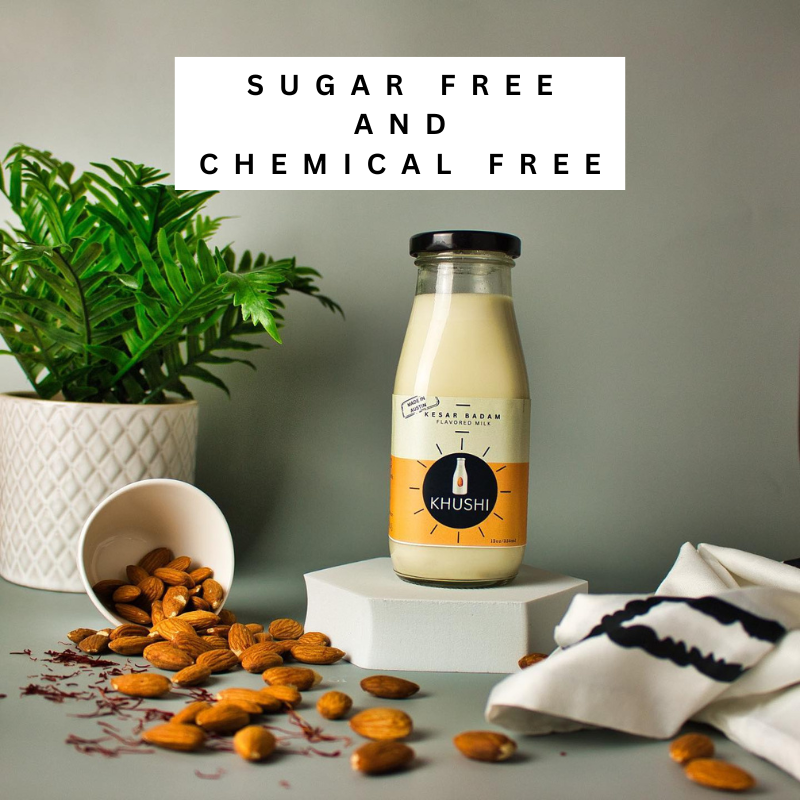Table of Contents
Outline of the Article
- Introduction
- Explaining the growing trend of “sugar-free” products.
- Understanding “Sugar-Free”
- Defining what “sugar-free” means.
- Regulations and guidelines regarding sugar-free products.
- Types of Sugars
- Differentiating between natural and added sugars.
- The impact of different types of sugars on health.
- Sugar Substitutes
- Artificial sweeteners commonly used in sugar-free products.
- Potential health implications of sugar substitutes.
- Labeling Laws
- Requirements for labeling sugar-free products.
- Understanding nutrition labels and sugar content claims.
- Benefits of Sugar-Free Products
- Weight management and diabetes control.
- Dental health benefits.
- Concerns and Misconceptions
- Addressing common concerns about sugar-free products.3
- Clarifying misconceptions about sugar substitutes.
- Making Informed Choices
- Tips for choosing quality sugar-free products.
- Incorporating sugar-free options into a balanced diet.
- Impact on Industry
- The growing market for sugar-free products.
- Innovation in sugar-free food and beverage industry.
- Conclusion
- Recap of key points.
- Emphasizing the importance of understanding sugar-free labels.
What Does “Sugar-Free” Actually Mean?
khushi.storehttps://khushi.store/

Introduction
In today’s health-conscious world, the term “sugar-free” has become ubiquitous, adorning labels of various food and beverage products. With the rise in lifestyle diseases like obesity and diabetes, consumers are increasingly turning to sugar-free options in their quest for healthier choices. But what exactly does “sugar-free” signify, and how can consumers navigate the maze of sugar substitutes and labeling laws to make informed choices?
Understanding “Sugar-Free”
When a product is labeled “sugar-free,” it typically means that it contains no added sugars or sweeteners. However, it’s essential to note that the absence of added sugars doesn’t necessarily mean the product is devoid of sweetness. Natural sugars, such as those found in fruits or dairy, may still be present.
Types of Sugars

To comprehend the concept of sugar-free, it’s crucial to distinguish between natural sugars and added sugars. Natural sugars occur naturally in foods like fruits and milk, providing essential nutrients along with sweetness. On the other hand, added sugars are incorporated into processed foods and beverages during manufacturing, contributing to excess calorie intake without offering significant nutritional value.

Sugar Substitutes
In the quest to create sugar-free products, manufacturers often turn to artificial sweeteners as alternatives. Common sugar substitutes include aspartame, sucralose, and stevia. While these additives provide sweetness without the calories of sugar, concerns have been raised about their potential health effects, ranging from digestive issues to neurological impacts.
Labeling Laws
Regulations govern the use of terms like “sugar-free” on product labels to prevent misleading consumers. In the United States, for instance, the Food and Drug Administration (FDA) stipulates that products labeled as sugar-free must contain less than 0.5 grams of sugar per serving. However, it’s essential to scrutinize nutrition labels comprehensively, as some products may contain hidden sugars under different names like maltose or dextrose.
Benefits of Sugar-Free Products
Embracing sugar-free options can offer several health benefits, including weight management and blood sugar control, making them particularly appealing to individuals with diabetes or those watching their calorie intake. Furthermore, reducing sugar consumption can lead to improved dental health, minimizing the risk of cavities and gum disease.

Concerns and Misconceptions
Despite the perceived advantages of sugar-free products, concerns linger regarding the safety and efficacy of sugar substitutes. While extensive research has been conducted to assess the health impacts of artificial sweeteners, some studies suggest potential links to adverse effects like metabolic syndrome and gut dysbiosis. However, conclusive evidence remains elusive, and regulatory agencies continue to deem these additives safe for consumption within recommended limits.
Making Informed Choices
Navigating the array of sugar-free products available in the market requires vigilance and discernment. Reading nutrition labels diligently can help consumers identify hidden sugars and gauge the overall nutritional profile of the product. Additionally, opting for whole foods and homemade alternatives can reduce reliance on processed sugar-free options while promoting a balanced diet rich in nutrients.
Impact on Industry
The surge in demand for sugar-free products has spurred innovation in the food and beverage industry, prompting manufacturers to explore novel ingredients and formulations. From sugar-free sodas to guilt-free desserts, the market is brimming with options catering to health-conscious consumers seeking flavorful alternatives without compromising on taste.
Conclusion
In conclusion, the term “sugar-free” encapsulates more than just the absence of sugar; it represents a paradigm shift towards healthier dietary choices in response to escalating concerns about the adverse effects of excessive sugar consumption. By understanding the nuances of sugar substitutes and labeling laws, consumers can make informed decisions that align with their health goals, empowering them to embrace a lifestyle that prioritizes wellness without sacrificing taste.

FAQs
- Are sugar-free products entirely free of sugars? No, sugar-free products may still contain natural sugars derived from sources like fruits or dairy. However, they are devoid of added sugars or sweeteners.
- Are sugar substitutes safe for consumption? Regulatory agencies like the FDA have deemed sugar substitutes safe for consumption within recommended limits. However, individuals with specific health concerns should consult healthcare professionals before incorporating them into their diet.
- Do sugar-free products taste the same as their sugary counterparts? Sugar-free products may taste slightly different from their sugary counterparts due to the use of alternative sweeteners. However, advancements in food technology have led to the development of sugar-free options that closely mimic the taste and texture of traditional products.
- Can sugar-free products help with weight loss? Sugar-free products may aid in weight management by reducing calorie intake and controlling blood sugar levels. However, they should be consumed as part of a balanced diet and active lifestyle to achieve sustainable results.
- What should I look for when choosing sugar-free products? When selecting sugar-free products, carefully review the nutrition label to ensure they meet your dietary requirements. Pay attention to serving sizes, hidden sugars, and overall nutritional value to make informed choices.



